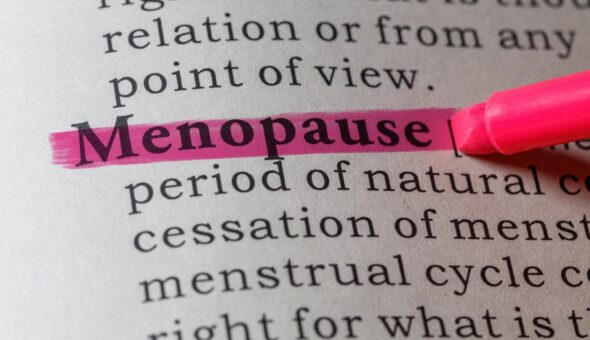National Grief Awareness Week is an opportunity to raise awareness of all aspects of grief and loss and reminds us there is a choice of support to all those grieving.
Grief is a natural response to loss.
Loss can take so many forms, for example someone’s death, losing a job, a relationship, a miscarriage, loss of health, death of a pet, retirement, hopes, dreams, or other things that you value. Grief is the emotional suffering you feel when something or someone you love is taken away.
It is a highly individual experience; there's no right or wrong way to grieve. Often the pain of loss can feel overwhelming, you may experience all kinds of difficult and unexpected emotions, from shock or anger to disbelief, guilt, and profound sadness. The pain of grief can also disrupt your physical health, making it difficult to sleep, eat, or even think straight. These are normal reactions to loss, and the more significant the loss, the more intense your grief is likely to be.
Loss is something that binds us together as human beings, and grief is a part of life that all of us will experience when we suffer loss. Grief can feel like it comes in ‘waves’. To begin with, the waves feel intense and frequent, but over time they tend to be spaced further apart and feel more manageable.
Whatever your loss, it's personal to you, so don't feel ashamed about how you feel, or believe that it's somehow only appropriate to grieve for certain things. If the person, animal, relationship, or situation was significant to you, it's normal to grieve the loss you're experiencing.
Whatever the cause of your grief, though, there are healthy ways to cope with the pain that, in time, can ease your sadness and help you come to terms with your loss.
Inevitably, the grieving process takes time. Healing happens gradually; it can't be forced or hurried—and there is no “normal” timetable for grieving. Some people start to feel better in weeks or months. For others, the grieving process is measured in years. Whatever your grief experience, it's important to be patient with yourself and allow the process to naturally unfold.
How other people might respond to your loss and your grief
It is natural for your friends and loved ones to want to be supportive. Sometimes though, you might find that the way that other people respond to you can be unhelpful. For instance, other people might:
- Feel uncomfortable and not know what to say.
- Find it difficult to talk about your loss with you and change the subject.
- Avoid you.
- Expect you to feel better and move on before you are ready.
- Not know how to respond in the way you need.
- Say things like “aren’t you over it yet?”
- Want to talk about it too much with you.
- Shut you down, or try to cheer you up when actually you just want to talk about it.
Remember that it’s OK to let people know what you need and what you don’t.
What might support you
External contacts
Listening to the stories of others who have been through a similar loss can help those of you who are grieving. The Good Grief Trust has videos you can watch which may offer comfort to you and advice to friends and family who are trying to support you.
Samaritans 116 123 (UK) For anyone at anytime for any reason
Childline 0800 1111 Support for 18yrs & under and their relatives
Silverline 0800 470 8090 Support for the over 50's
National Bereavement Partnership Helpline 0800 448 0800 for emotional support.
Cruse 0808 808 1677 Nationwide bereavement support
Marie Curie 0800 090 2309 Practical and clinical information and support on all aspects of end of life and bereavement.
Internal contacts
Respond
